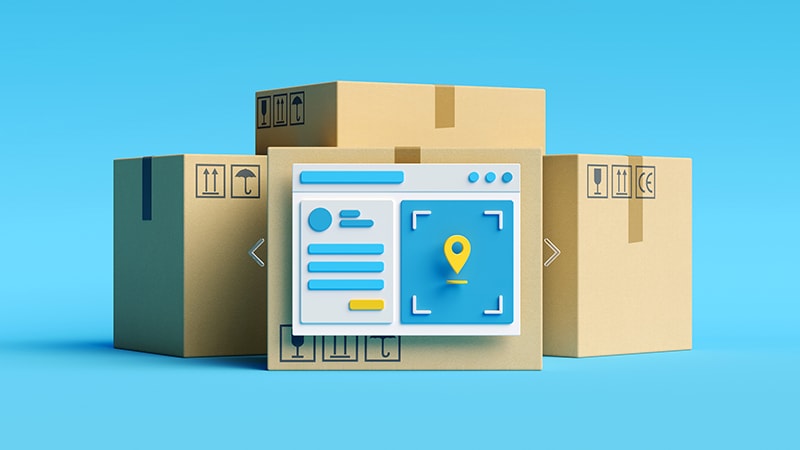What’s the Word? The Language of Logistics

The Language of Logistics
Logistics Visibility
This refers to the capability of monitoring the progress and status of orders or movement of goods, products, and materials for a clearer view along a process or route. With real-time order and shipment tracking, businesses can manage disruptions when they occur, becoming more agile and resilient.
Competitive companies achieve logistics agility and supply chain resilience through transparent shipping and logistics processes, including tendering, pickup, and last-mile delivery.
—Tony Harris
VP & Chief Marketing & Solutions Officer
SAP Business Network
Walking Freight
Definition: Delivery mode that relies on people on foot
Application: Last-mile logistics
Benefit: Can reduce congestion from light goods vehicles (LGVs)
Test run: UPS and the Cross River Partnership started a walking freight trial in the London borough of Camden. Launched in May 2023 and set to last until September 2024, the London Light Freight Walking Trial aims to replace LGVs with couriers who deliver freight on foot using an electric-assisted trolley or e-walker (pictured above) from manufacturer Fernhay.
BOPIS vs. BORIS
BOPIS: Buy Online/Pick up In Store
BORIS: Buy Online/Return In Store
BOPIS and BORIS are two ecommerce options, in addition to direct fulfillment and return paths, that supply chain stakeholders must rethink to better support customers.
With ecommerce fulfillment occurring from brick-and-mortar stores, warehouses/distribution centers, and even manufacturing facilities in some direct-to-consumer models, supply chain stakeholders find fulfillment and shipping complex. Operational speed, new product profiles, packaging levels, and paths to market are expected as they further refine operations.
–Mark Wheeler
Vertical Strategy Lead
Supply Chain Execution
Zebra Technologies
Hotshot Shipping
A logistics service where smaller, specialized vehicles are used to haul time-sensitive, smaller less-than-truckload (LTL) freight. For shippers that don’t have a full truckload weekly and need to ship products quickly and cost efficiently, hotshot shipping can provide advantages over traditional LTL, such as:
- Faster transit times
- Reduced damages from less handling
- Cost savings
With no touchpoints, hotshot shipping is ideal for high-value shipments. Since LTL carriers are beholden to a rule tariff of no more than six skids on a truck at one time or loads exceeding 8 feet, hotshot is one way to avoid the complications of compliance concerns and regulations.
–Dustin Kreigh
Operations Manager
TA Services
Supply Chain De-Risking
The process of achieving and maintaining acceptable risk levels for supply chains, in the areas of operational reliability, regulatory compliance, environmental, finance, and organization, which may include identifying alternative actions and managing trade-offs.
Supply chains regularly face a myriad of challenges that can adversely impact their effectiveness. Proactively identifying alternative actions and implementing them when required will help de-risk the supply chain.
–Steve Blust
President
Containerization & Intermodal Institute
